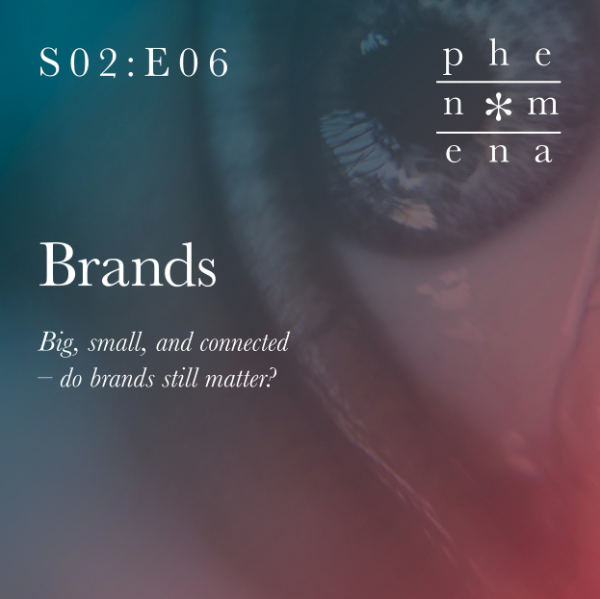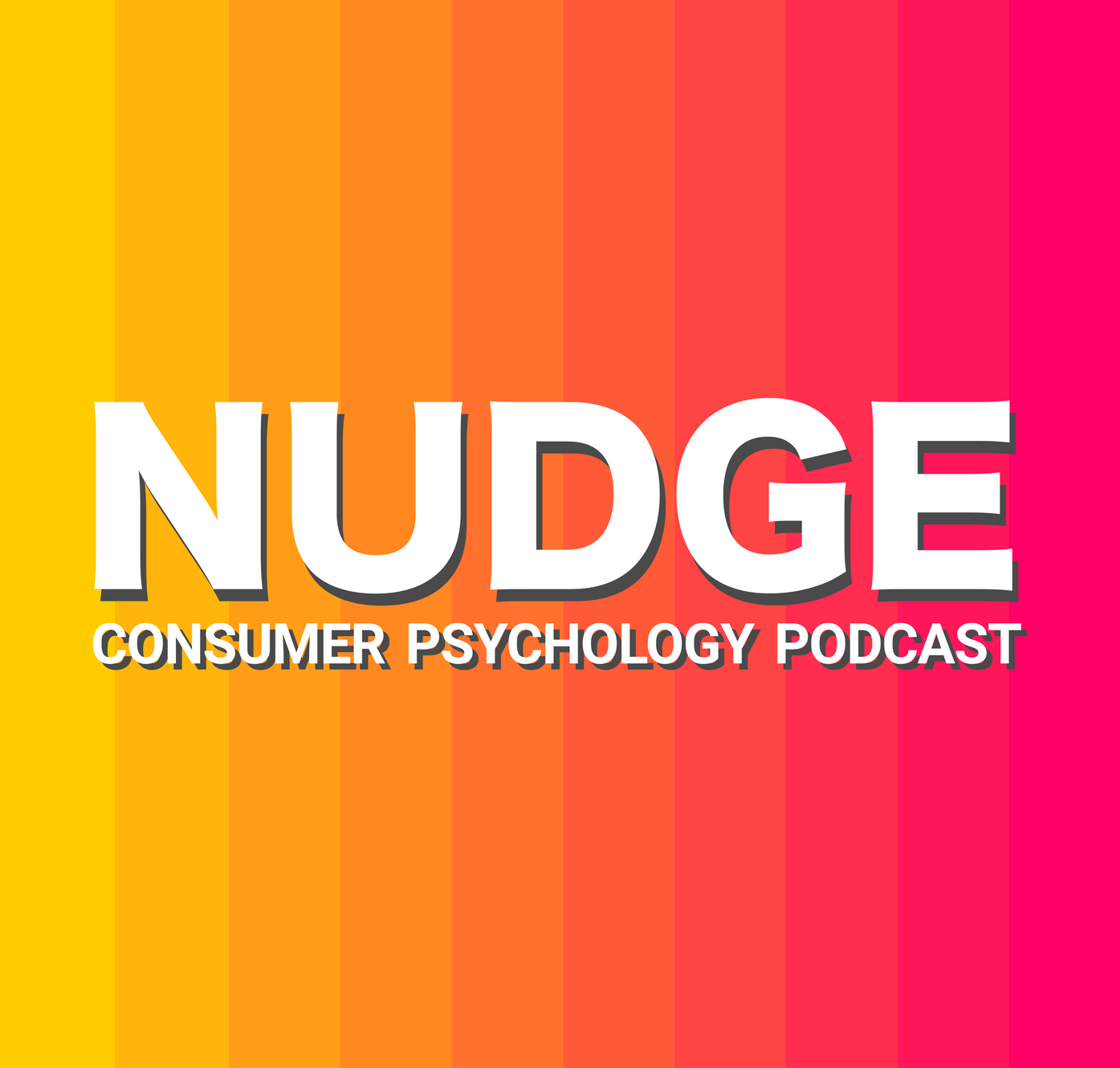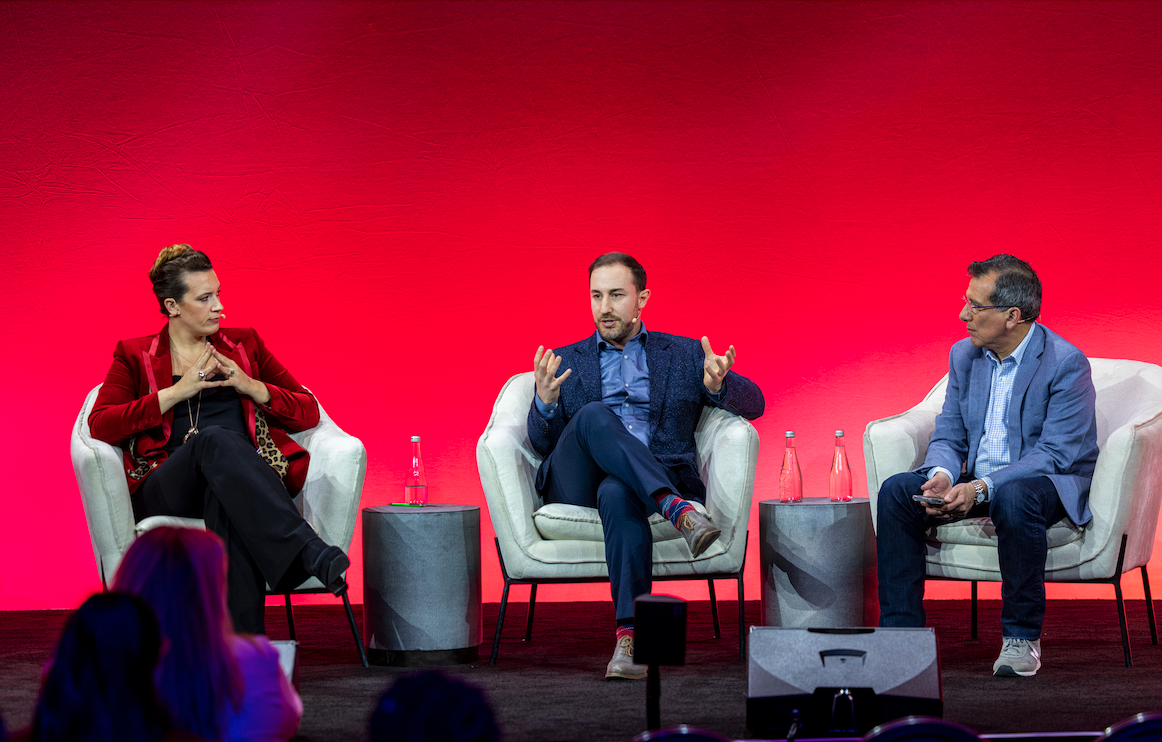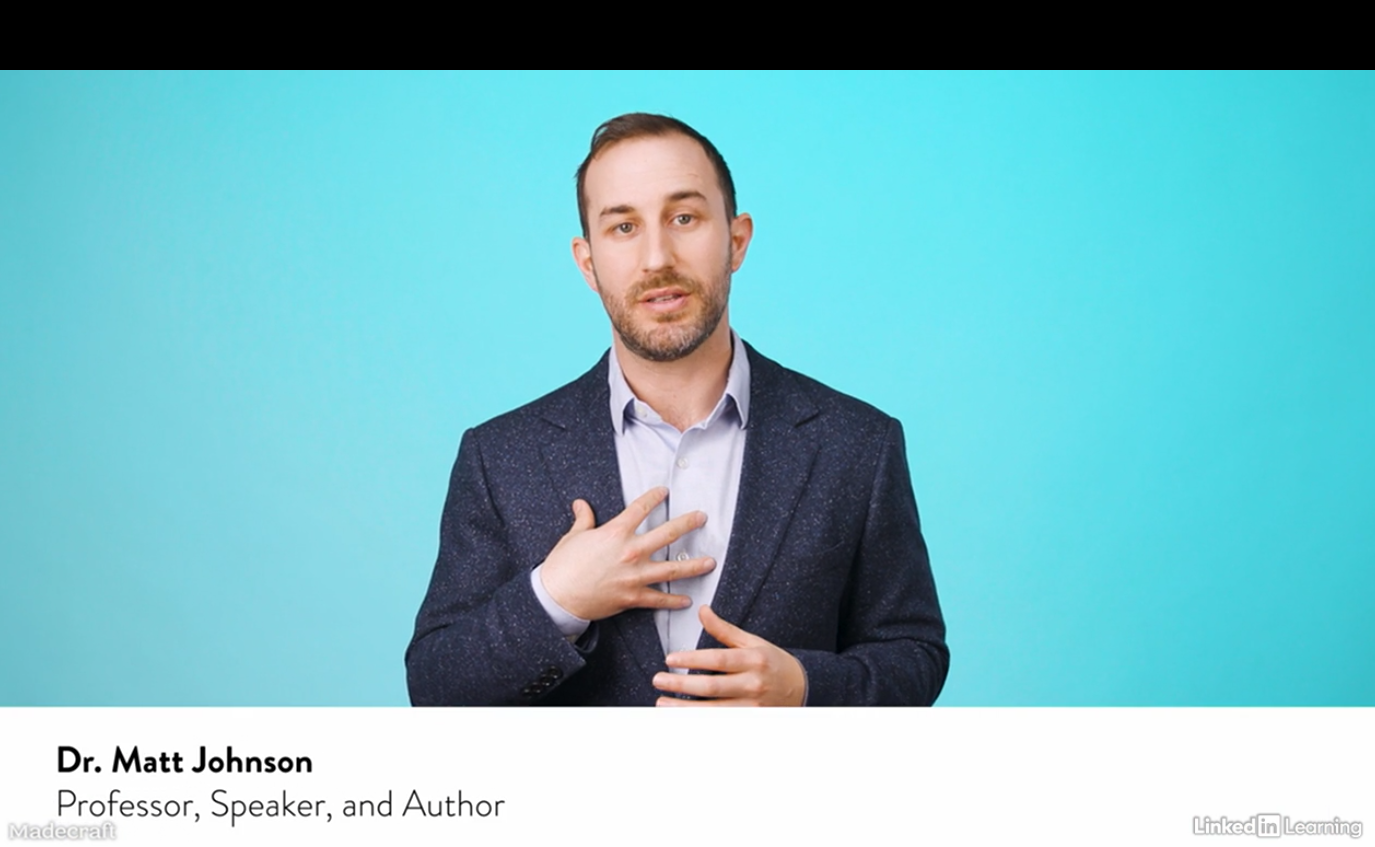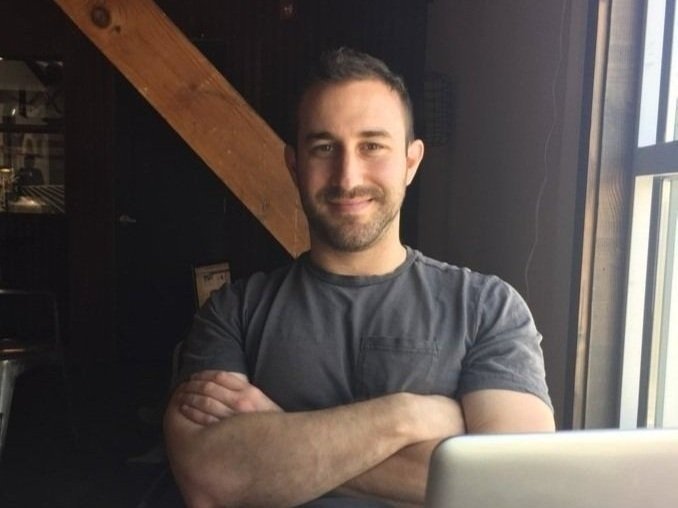Matt Johnson, PhD
Probing the Intersection of Neuroscience, Marketing, & Modern life


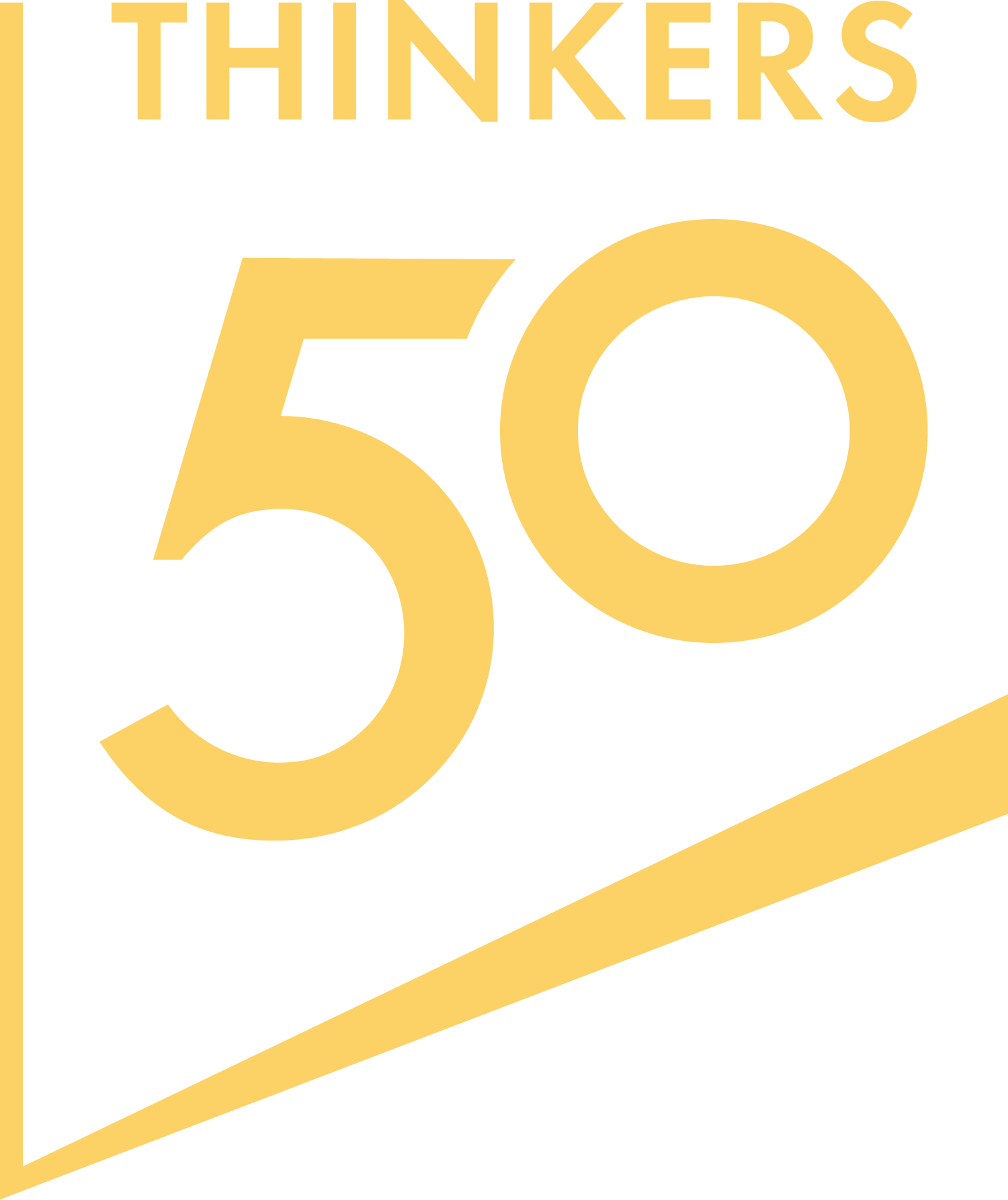

I'm a speaker, writer, and researcher specializing in the application of psychology and neuroscience to branding. After earning my Ph.D. in Cognitive Psychology from Princeton University, my work has probed the science of brand storytelling, experiential marketing, and consumer decision-making. I'm the author of the bestselling consumer psychology book Blindsight: The (Mostly) Hidden Ways Marketing Reshapes Our Brains (BenBella, 2020), and most recently, Branding That Means Business (Economist Books, 2022). In 2023, I was inducted into Thinkers50 Radar as one of 30 business thinkers with ideas most likely to shape the future.
I currently reside in Boston, MA, where I'm a Professor of Psychology and Marketing at Hult International Business School and an instructor at Harvard University's Department of Executive and Professional Development. I've won several teaching awards and am recognized by Poets & Quants as one of the 50 top business school professors. As a consultant, I help brands harness insights from neuroscience to better understand, serve, and interact with their consumers. I work with a wide array of organizations, including as an expert in residence for Nike, and serve as an expert witness in legal cases involving marketing psychology and consumer perception.
Outside the classroom and the page, I'm passionate about bringing these ideas to life from the stage. As an international keynote speaker, I regularly speak at events, conferences and corporate events across the globe. Across all my work, I make room for depth in a world optimized for speed. Drawing from both science and philosophy, I help marketers, creatives, and business leaders see their work and impact in a new light.
I grew up in the Bay Area, California, and have lived in San Diego, Berlin, New Jersey, Mexico, and Shanghai.
AS SEEN IN..



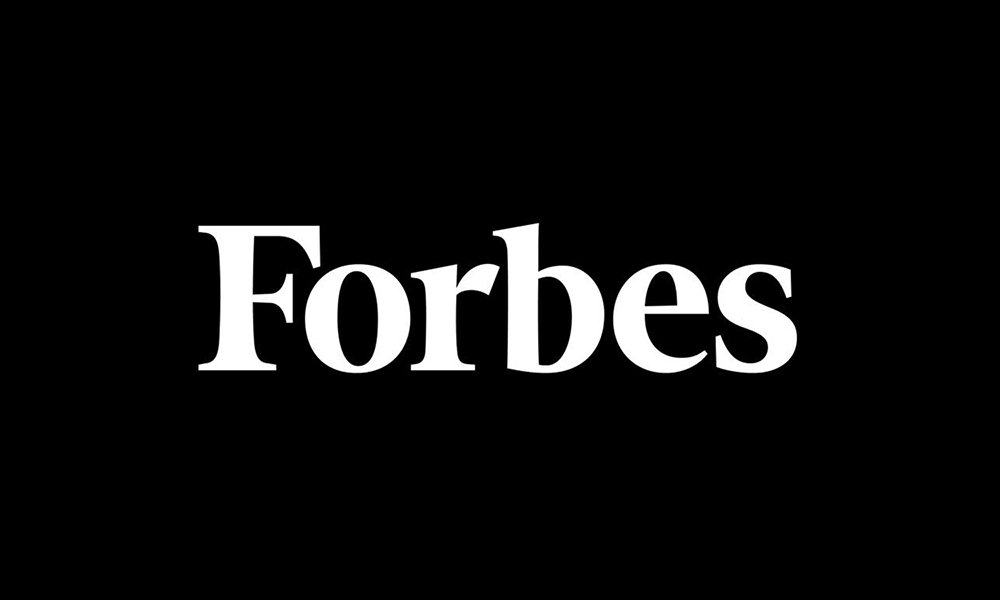


Writing & Media
At heart, I'm a writer. In addition to my books, I've published over 200 essays on this blog, Neuroscience Of, and write the column "Mind, Brain, and Value" on Psychology Today, which has reached over 900,000 readers.
I also regularly contribute my thoughts and perspective to major outlets including Forbes, Business Insider, and the BBC, covering topics ranging from brand loyalty and ethical persuasion to the psychology of AI-generated art.
My writing has also appeared in Harvard Business Review, The European Business Review, and World Financial Review, and I’m frequently interviewed by podcasts and media outlets such as Forbes, BBC, and Entrepreneur looking to explore the human side of business, technology, and culture.
If you're interested in media requests, interviews, or collaborations, please reach out here
Speaking and Workshops
I regularly speak on how psychology and neuroscience shape the way we buy, brand, and experience the world. I’ve delivered talks and workshops at TEDx events, global marketing summits, and executive retreats, and created two popular courses with LinkedIn Learning. Whether I’m on stage or on screen, my focus is the same: helping audiences understand the hidden forces that drive human behavior - and how to use that insight to create more meaningful, memorable brands and experiences.
Research
My research focuses on the psychological and neural forces that shape how we think, feel, and behave as consumers. I’m especially interested in the deeper, often hidden connections between marketing, behavior, and identity - and how brands don’t just drive purchasing, but actively shape human experience.
At its best, marketing can create meaning and unlock value. At its worst, it undermines human autonomy. My research asks: What exactly is happening in the brain when marketing works? How does it tap into our perceptual, cognitive, and social systems? And what are the ethical implications of using that knowledge to influence choice?
To explore these questions, I draw from a range of methods - from neuroimaging tools like fMRI and EEG to behavioral experiments and conceptual frameworks rooted in psychology, neuroscience, and philosophy.
I’m also drawn to bigger-picture questions about the role of marketing in society. How does consumerism intersect with culture and technology? Can brands help shape new social norms or spark meaningful change? And if they can, should they?
Recent research







